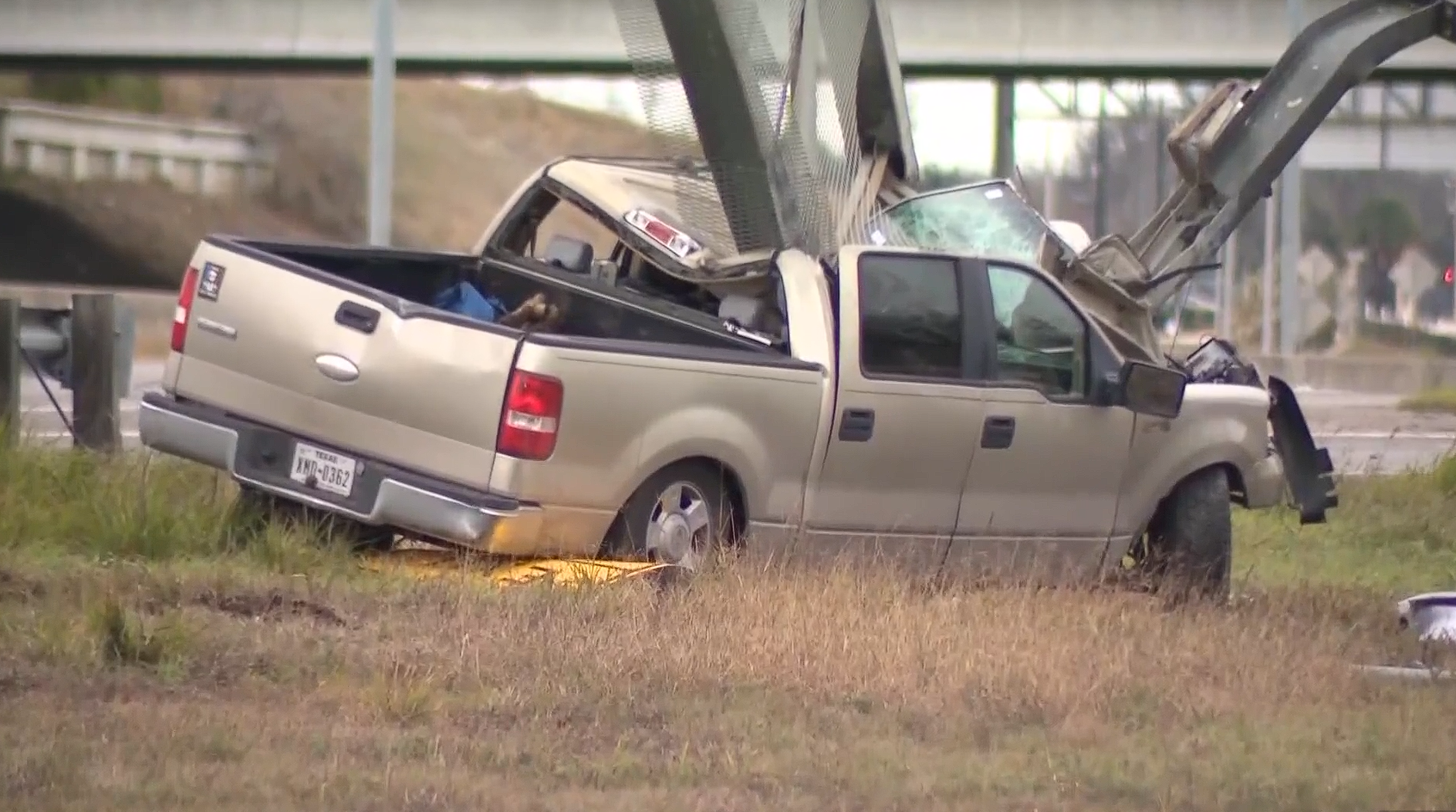Once you’ve notified your insurance company of your car crash, you should expect a phone call from one of its adjusters. They’ll politely ask you questions about your crash and may even seem concerned about your welfare. However, after that initial call, the seemingly pleasant adjuster may become hostile or dismissive of your claims. What happened?
Unfortunately, the insurance company isn’t one your side – it’s a for-profit company that’s more concerned about its financial bottom line than your future. Keep reading to learn some simple ways you can get the insurance company to pay attention to your claim.
Why Won’t the Insurance Adjuster Help? You Have Conflicting Interests
After a serious car crash, you want to rebuild as quickly as possible. To do this, you’ll need prompt medical care, car repairs, and compensation for your lost income and other damages. In your mind, the insurance company’s job is to meet those needs.
However, the insurance company has a different perspective. It will argue that they only need to pay valid claims – and that they need to protect themselves from fraudulent ones. This means that they approach every car crash with an unhealthy level of skepticism.
Many insurers have offered their adjusters bonuses and incentives for keeping their costs low and denying as many claims as possible. An American Association for Justice report details how insurance companies like Farmers, Allstate, and State Farm have a long history of pressuring their employees to deny as many injury claims as possible.
When you interact with the adjuster, they don’t really see you as a crash survivor who needs help. Instead, you are a case number and a chance to save the company money.
What Do Insurance Adjusters Consider During an Injury Claim?
Every decision the insurance adjusters make during your claim centers around its value. Adjusters are number crunchers who continually weigh costs and consider ways to save the insurance company money. When they evaluate your case, they may consider factors such as:
- The strength of claims and your chances of winning a jury award
- The likelihood of your case going to trial
- How much a trial would cost in time, lawyer fees, expert fees, and other expenses
- Your maximum potential compensation
- Your likelihood of accepting a low settlement offer
“Every shred of evidence either weakens or strengthens their negotiating position, and they are always on the lookout for information that decreases your claim’s value.”
This risk analysis occurs at every stage of your claim but is particularly important during settlement negotiations. If you and the insurance company cannot settle out of court, your case will likely go to trial, and the judge and jury may award significant damages to you and your family.
How Does a Settlement Negotiation Work?
Taking a case to trial involves risk for both you and the insurance company. While your lawyer may have a good idea of what your case is worth and its strength, juries sometimes make surprising decisions. A settlement eliminates that risk; instead of taking your case, to trial you agree to a lump sum payment.
However, negotiating a settlement isn’t a simple process. The insurance company wants to give you as little money as possible – and you want fair compensation for all of your injuries. Typically, negotiations will go back and forth until you either reach an agreement or decide to try your case.
As part of your negotiations, you may agree to mediate your case. During mediation, a neutral third-party will evaluate your claim and help you and the insurance company find common ground. The attorneys at Crosley Law have found mediation to be a very effective way to resolve claims. In 2018, our clients recovered Texas’s largest mediated settlement for that year.
Delays and Red Tape: The Insurance Company’s Favorite Tactics
While insurance companies have a duty to investigate your claim, that doesn’t mean that they should draw it out for years. Under Texas law, they typically must approve or deny your claim within 45 days of notification. However, once they deny your claim, the company may try to slow down the litigation process.
It knows that many people can’t financially survive a lengthy court battle. When claims go on for years, some victims become desperate and will accept an unfairly low settlement.
At Crosley Law, we’ve earned a reputation for our efficiency and tireless advocacy. While many injury claims take more than 18 months to resolve, many of our clients see results in less time. Insurance adjusters know that we won’t tolerate their delay tactics and will aggressively prepare our cases for trial.
Your Attorney’s Reputation Can Impact Your Claim
Your lawyer’s track record can impact your claim. Some attorneys have reputations for always avoiding trials and others for taking their clients’ cases to trial. Insurance adjusters do their research and know how a specific attorney is likely to act. They’ll use this information to their advantage.
When faced with an experienced and reputable attorney, insurance adjusters will be more likely to offer a higher settlement in negotiations rather than risking a larger jury award. When you’re consulting with a lawyer, don’t hesitate to ask them about their track record of success.
Crosley Law: Fighting for Crash Victims in Texas
At Crosley Law, our attorneys have a reputation for efficiency and tenacious representation. Insurance companies know that we are willing to go the extra mile to get our clients the compensation they deserve. We dig deep into each claim and build a litigation plan that meets each client’s specific needs. Our experienced car accident attorneys know how to increase our clients’ chances of getting the fair compensation they need and deserve.
If you’ve been in a car accident and insurance is refusing to help or offering an unfair settlement, contact our attorneys for help today. Call us at 210-LAW-3000|210-529-3000 or fill out our online contact form to get started.
References
American Association for Justice. (n.d.) Tricks of the Trade: How Insurance Companies Deny, Delay, Confuse and Refuse. Retrieved from https://www.justice.org/sites/default/files/file-uploads/InsuranceTactics.pdf
Texas Ins. Code §542.056 (2003). Retrieved from https://statutes.capitol.texas.gov/Docs/IN/htm/IN.542.htm
The content provided here is for informational purposes only and should not be construed as legal advice on any subject.









